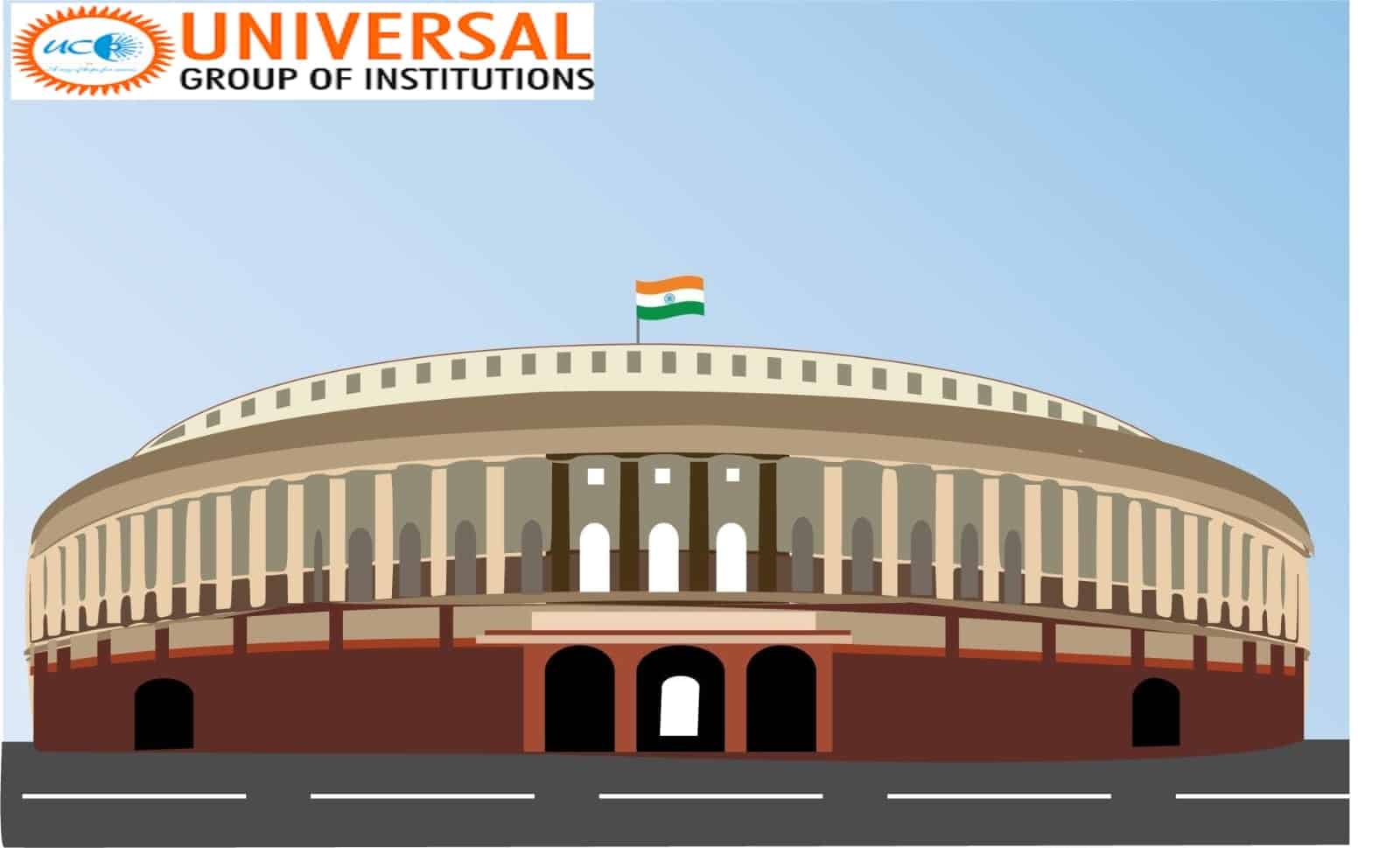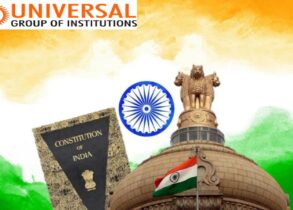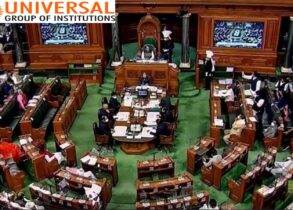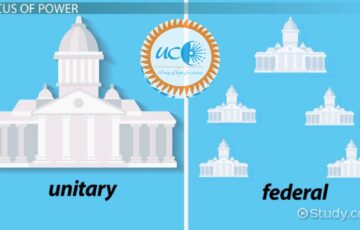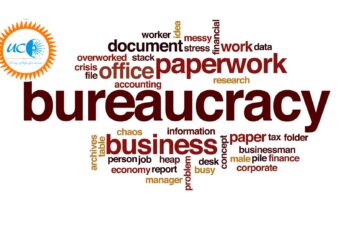“Efficacy in the functioning of parliament has decreased over years”Explain and suggest solutions.
As the deliberative and representative assembly, Parliament’s role in developing India has been crucial. But over several decades there has been a decline in the effectiveness of the Parliament as an institution of accountability and oversight.
The instruments of accountability, the Parliament uses such as the committee system, motion on the floor etc have become increasingly dysfunctional. The declining standards of debates, decorum and discipline are very much evident. The nexus between politicians and business groups also degrades the parliamentary process.
The decline of Parliament has taken an unprecedented rise due to the following-
- Decline in number of sittings in Indian Parliament. According to the analysis of PRS Legislative Research (PRS), against the average 127 days of sitting in the 1950s, Lok Sabha met only 74 times in 2012. Likewise, Rajya Sabha on an average meets 93 days a year in the 1950s. But it has reduced to merely 74 days in 2012
- Decline in the number of hours per sitting in Indian Parliament. The fifth Lok Sabha recorded an average sitting of 7 hours 38 minutes; the 7th Lok Sabha recorded an average sitting of 7 hours 9 minutes per sitting. In the 12th Lok Sabha, the average hour per sitting was only 6 hours 30 minutes.
- Decline in the duration of the budget session in Indian Parliament. In the 2006 Lok Sabha, more than 40% of bills were passed without even an hour of debate. In the year 2012, both Houses met for only 35 days but the irony is that 92 percent of budgetary proposals were put to vote without any discussion.
- Decline in the attendance of the Parliamentarians in Indian Parliament. As per the PSR report, during the 11th and 12th sessions of the fourteenth Lok Sabha, more than 75 percent members were below the median point of 16 or more days of attendance. The number of MPs whose attendance ranged from 0–5 days increased in the 12th session.
- Decrease in the number of questions answered in Indian Parliament. In the 2009 session of Lok Sabha, out of 1100 questions admitted for question hour, only 266 were called in the house while rest could not be raised due to the paucity of time. Similarly, in 2012 only 144 questions in Lok Sabha and 157 questions in Rajya Sabha were answered orally, while others were left for written answers due to the paucity of time as a result of frequent disruptions.
- Declining standards of debates in Indian Parliament. The declining standards of debates in Parliament and the manner in which parliamentarians conduct themselves, forgetting that there is a huge difference between a fight on the floor of the house and a fight on the streets are pointers towards the lack of ability or merit in the parliamentarians.
It is very much evident with the speech of our ex-President Mr. Pranab Mukherjee when he expressed his worry over declining debates and standards of Indian Parliament. For any strong democracy, it is very important Parliament functions more efficiently and great issues should be discussed.

